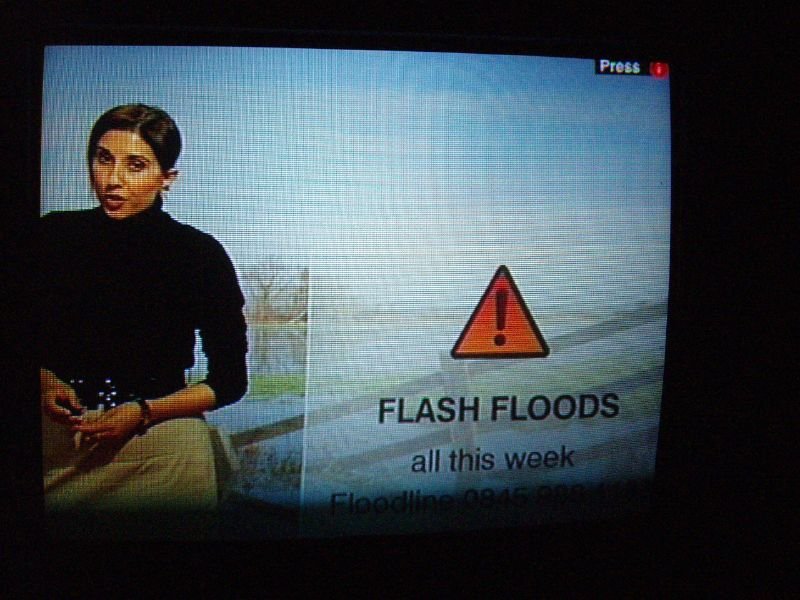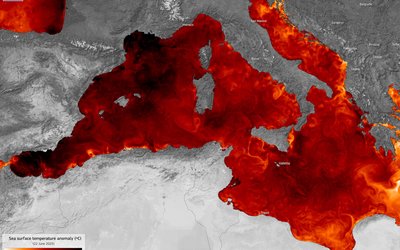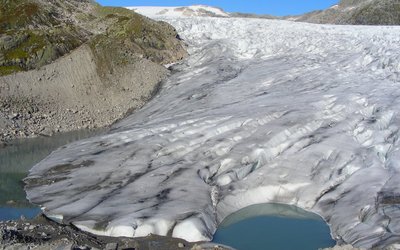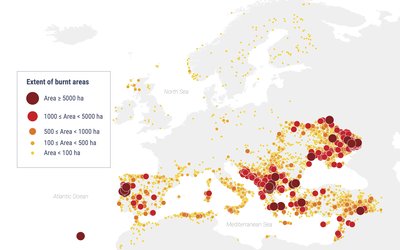Drier summers may lead to more flash floods in Scotland and Northern England
November 14, 2018

Flash floods may occur more frequently in the future, in several parts of Europe including the United Kingdom (photo: Amanda Slater, www.flickr.com)
For the northern part of the United Kingdom, a precipitation increase in winter and a large decrease in summer (30-50%) are projected for the end of this century under a high-end scenario of climate change. In both seasons, precipitation extremes will intensify.
Mean daily precipitation
A summer drying is projected for the whole northern UK domain, with many areas seeing a decrease of 25-50% in daily mean precipitation under a high-end scenario of climate change, including the relatively densely populated Scottish Central Lowlands. In contrast, a precipitation increase of 10-35% or more is projected for most regions in winter. A similar increase for the winter was projected for the southern UK domain, with the largest increase over Wales.
Precipitation extremes
Projections show that precipitation extremes still intensify while the future mean precipitation decreases. A detailed model study shows that a 20% mean increase in summer intensity is outweighed by 50-60% decrease in overall precipitation frequency. Again this agrees with previous results for the southern UK domain, although the projected intensification of summer precipitation is larger for the northern than for the southern UK. Also in the winter, precipitation intensities are projected to increase.
More flash floods
The expectation that summer mean precipitation decreases but precipitation extremes intensify, is important from a climate impact perspective. For instance, drier summers may lead to more frequent flash flooding, which might have an effect on soil erosion, agriculture practices, and stream water quality.
Source: Chan et al., 2018. Climate Dynamics 51: 3559 - 3577.








